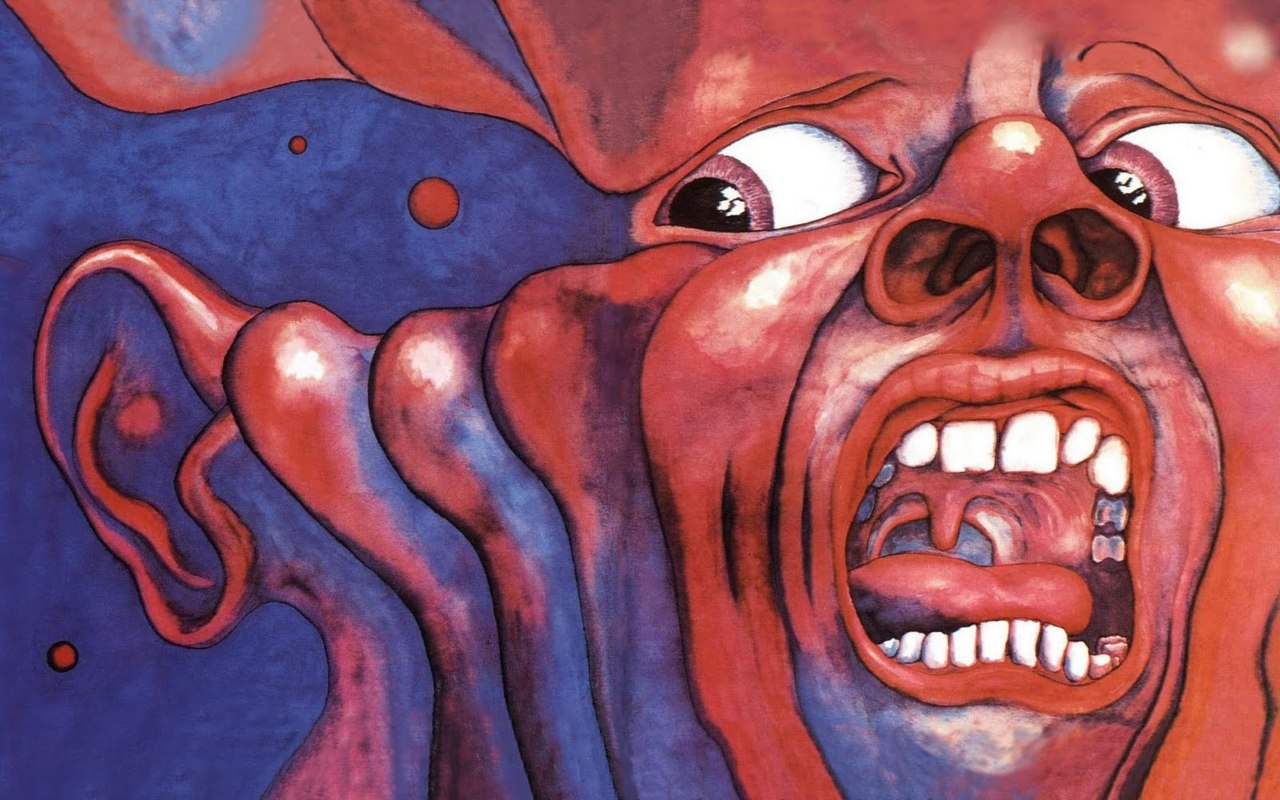Neuroscience
- The Special Issue Spotter
Stigma and mental illness (International Review of Psychiatry). Lay conceptions of mental disorder (Australian Psychologist). How the public views mental illness. "It is difficult to imagine a topic of more pressing relevance to practising psychologists,...
- De-stigmatizing Mental Illness: An Inquiry Into Depression
'Nature vs. Nurture' vs. 'Nature and Nature'Here at IU, we have a lot of campaigns directed towards the de-stigmatization of mental illness. Last year, the Hutton Honors College hosted a discussion about issues with Autism in Pop Culture....
- Johns Hopkins Master Of Health Science In Mental Health Degree!
The Johns Hopkins Bloomberg School of Public Health, Department of Mental Health invites applications for the Master of Health Science degree program for the 2016/2017 academic year (due June 1, 2016). https://drive.google.com/file/d/0B-WK1jWUo8h2YTNZUzZRSGdjM28/view?usp=sharing...
- Interested In Mental Health Advocacy? Join Active Minds!
Active Minds at Maryland Weekly Meetings WHEN: Thursdays at 7 PM WHERE: ASY3217Did you know 1 in 4 Americans age 18 to 22 are affected by a mental illness? Did you know suicide is the 2nd leading cause of death in college students, but the...
- Join Active Minds - Mental Health Awareness And Advocacy
Did you know 1 in 4 Americans age 18 to 22 are affected by a mental illness? Or that suicide is the 2nd leading cause of death in college students? Or that 60% of students admit to being so stressed on 1 or more occasions that they were unable to complete...
Neuroscience
Mental Illness as a Language
Read this article in the Indiana Daily Student here....
Mental health is an increasingly important issue. The World Health Organization estimates mental disorders will have become the world’s largest cause of death and disability by 2020. [3] Alongside this, we've put forth tremendous effort to understand our mental health from a scientific point-of-view. Our post-Enlightenment positivist view of scientific happiness has exponentially grown in accuracy. Though we've been doing this since the eighteenth century, in recent years, we've become more and more observant and critical of how our minds truly function in the scary world. All of our actions, behaviors, and moods can be measured down to a very fundamental level. But these efforts ignore the socio-political and cultural tendencies that have driven mental health over the centuries. In spite of this, it's no wonder mental illness is on the rise.
Still, some criticize the field of psychiatry for being scientifically backwards. But far more insidious is the cultural deafness. Many of us have forgotten the role culture plays in mental health because we have tried to only use science to explain mental health.[1] However, our knowledge of the brain is is still very far from explaining mental disorders. We should remember the symptoms of mental illnesses are, not only scientific issues, but also a language through which we express ourselves. And we need to understand our culture and history to figure out what our distressed unconscious tries to tell us.[1] Maybe mental illness is not a “harmful defect we shun” and more a way we understand who we are. Seen this way, the mental issues we face are less of “biological flaws” and more of ways we express ourselves in society.
Speaking of the 21st century, our anxieties and insecurities are probably more philosophically and existentially grounded than we like to think. Many of us struggle with the postmodern irony and individualism that simultaneously shuns tradition while embracing conformity. Some of us call ourselves "introverts" as a form of self-identification to internalize some of our behaviors as "natural" or "acceptable." We look at all the other amazing introverts and find some sense of belonging. But labeling ourselves just covers up who we really are. Others among us chase ideas and culture in hopes that we can find something unique about ourselves, that separates us from other people, but we're only sharing the same social assumptions about what defines us.
The same way culture fashions us to understand aesthetics, value, ethics, and other humanistic qualities, our struggles with the emotions of mental illness could be the way our bodies understand the world. Einstein himself found solace, not only in science and art, but in the philosophical work of Schopenhauer, as he wrote on Planck's 60th birthday:[4]
All the world's a stage, And all the mentally ill merely players.
References
[1] http://www.psmag.com/books-and-culture/real-problem-with-dsm-study-mental-illness-58843
[2] http://mh.bmj.com/content/28/2/92.full
[3] https://newhumanist.org.uk/articles/4934/the-cost-of-happiness
[4] http://www.neurohackers.com/index.php/fr/menu-top-neurotheque/68-cat-nh-spirituality/99-principles-of-research-by-albert-einstein
 |
| To be or not to be clinically depressed. |
Still, some criticize the field of psychiatry for being scientifically backwards. But far more insidious is the cultural deafness. Many of us have forgotten the role culture plays in mental health because we have tried to only use science to explain mental health.[1] However, our knowledge of the brain is is still very far from explaining mental disorders. We should remember the symptoms of mental illnesses are, not only scientific issues, but also a language through which we express ourselves. And we need to understand our culture and history to figure out what our distressed unconscious tries to tell us.[1] Maybe mental illness is not a “harmful defect we shun” and more a way we understand who we are. Seen this way, the mental issues we face are less of “biological flaws” and more of ways we express ourselves in society.
Speaking of the 21st century, our anxieties and insecurities are probably more philosophically and existentially grounded than we like to think. Many of us struggle with the postmodern irony and individualism that simultaneously shuns tradition while embracing conformity. Some of us call ourselves "introverts" as a form of self-identification to internalize some of our behaviors as "natural" or "acceptable." We look at all the other amazing introverts and find some sense of belonging. But labeling ourselves just covers up who we really are. Others among us chase ideas and culture in hopes that we can find something unique about ourselves, that separates us from other people, but we're only sharing the same social assumptions about what defines us.
 |
| 21st century Schizoid man. |
To begin with, I believe with Schopenhauer that one of the strongest motives that leads men to art and science is escape from everyday life with its painful crudity and hopeless dreariness, from the fetters of one's own ever shifting desires. A finely tempered nature longs to escape from personal life into the world of objective perception and thought; this desire may be compared with the townsman's irresistible longing to escape from his noisy, cramped surroundings into the silence of high mountains, where the eye ranges freely through the still, pure air and fondly traces out the restful contours apparently built for eternity.Maybe our searches for "objectivity" of understanding mental illness are caused by these similar desires that motivate scientist. In this sense, our mental health is the way we search for meaning and satisfaction in the world.
All the world's a stage, And all the mentally ill merely players.
References
[1] http://www.psmag.com/books-and-culture/real-problem-with-dsm-study-mental-illness-58843
[2] http://mh.bmj.com/content/28/2/92.full
[3] https://newhumanist.org.uk/articles/4934/the-cost-of-happiness
[4] http://www.neurohackers.com/index.php/fr/menu-top-neurotheque/68-cat-nh-spirituality/99-principles-of-research-by-albert-einstein
- The Special Issue Spotter
Stigma and mental illness (International Review of Psychiatry). Lay conceptions of mental disorder (Australian Psychologist). How the public views mental illness. "It is difficult to imagine a topic of more pressing relevance to practising psychologists,...
- De-stigmatizing Mental Illness: An Inquiry Into Depression
'Nature vs. Nurture' vs. 'Nature and Nature'Here at IU, we have a lot of campaigns directed towards the de-stigmatization of mental illness. Last year, the Hutton Honors College hosted a discussion about issues with Autism in Pop Culture....
- Johns Hopkins Master Of Health Science In Mental Health Degree!
The Johns Hopkins Bloomberg School of Public Health, Department of Mental Health invites applications for the Master of Health Science degree program for the 2016/2017 academic year (due June 1, 2016). https://drive.google.com/file/d/0B-WK1jWUo8h2YTNZUzZRSGdjM28/view?usp=sharing...
- Interested In Mental Health Advocacy? Join Active Minds!
Active Minds at Maryland Weekly Meetings WHEN: Thursdays at 7 PM WHERE: ASY3217Did you know 1 in 4 Americans age 18 to 22 are affected by a mental illness? Did you know suicide is the 2nd leading cause of death in college students, but the...
- Join Active Minds - Mental Health Awareness And Advocacy
Did you know 1 in 4 Americans age 18 to 22 are affected by a mental illness? Or that suicide is the 2nd leading cause of death in college students? Or that 60% of students admit to being so stressed on 1 or more occasions that they were unable to complete...
